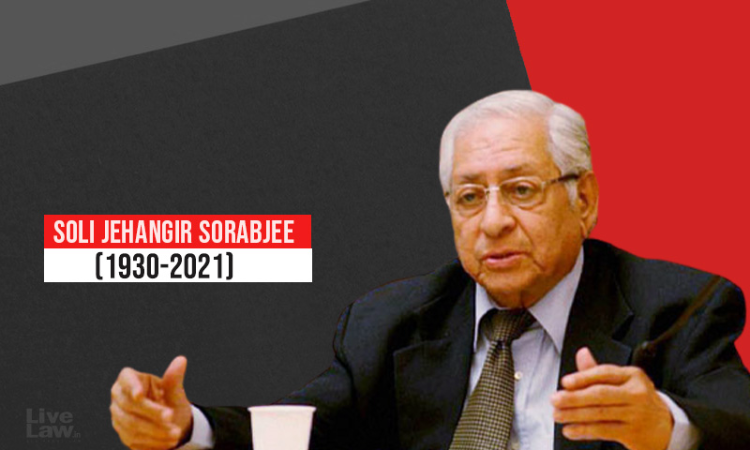The recently released book Soli Sorabjee: A Great Maestro, by Senior Advocate Shri Sudhish Pai and published by Law & Justice Publishing Co, celebrates the life and contribution of Soli Sorabjee to the development of Indian jurisprudence. I had the good fortune of writing Nani Palkhivala: The Courtroom Genius with Sorabjee, which will be cherished forever. Mr. Pai has arranged...

